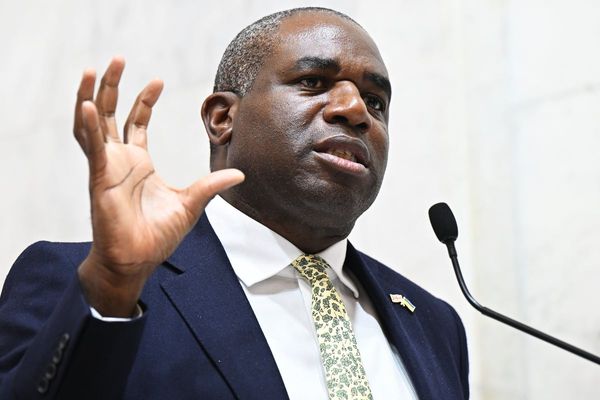
Time to "fall back."
Daylight savings time ends on Sunday, meaning it's time to turn clocks back one hour at 2 a.m.
The benefits are that you'll get an extra hour of sleep but it will get darker an hour earlier.
Obviously, your cell phone and other digital devices will take care of the change themselves, but you'll need to set analog devices like watches or clocks back an hour.
Daylight savings time begins again on March 9, 2025, when you get to "spring forward" an hour — and lose an hour of sleep.
If you aren't wild about springing forward and falling behind, you're not alone.
A survey by the American Academy of Sleep Medicine found that 63 percent of Americans support putting an end to the seasonal time change for a fixed year-round time.
Only Arizona and Hawaii have made standard time permanent.







